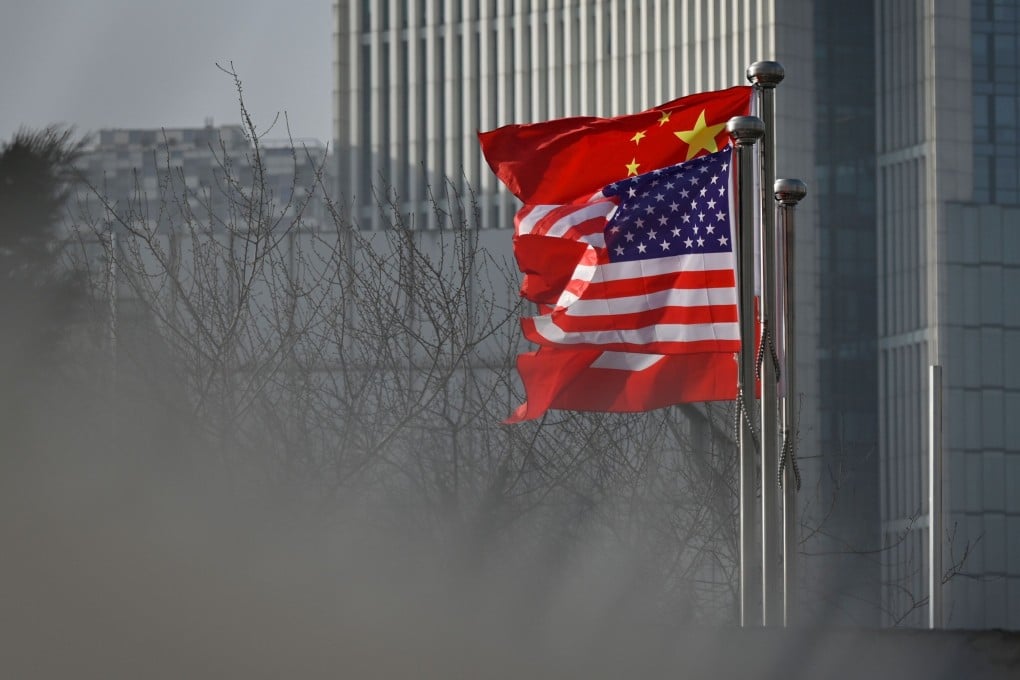Ramp up China-US defence talks to stabilise rocky relations, expert urges
- Nanjing University’s Zhu Feng says trade can no longer be a foundation for a strong relationship
- He tells Beijing to be on alert for attempts by the Trump administration to stoke tension

“With China-US ties in the state they are today, trade relations can no longer serve as the cornerstone of stable ties,” Nanjing University US specialist Zhu Feng wrote in the Global Times , a tabloid affiliated with Communist Party mouthpiece People’s Daily .
“It’s time to reopen the safety valve and resume high-level talks between the two militaries as soon as possible, to lower [the chance of] misjudgment between the two sides and avoid going into conflict by accident and causing bloodshed,” Zhu said in the article published on Monday.
Zhu added that China should be vigilant for attempts by the administration of US President Donald Trump to stoke tension between the two countries before the US presidential election in November.
In mid-July, US Secretary of State Mike Pompeo denounced China’s expansive claims in the contested waters as “completely unlawful”, an assessment widely seen as a turning point in Washington’s South China Sea policy.